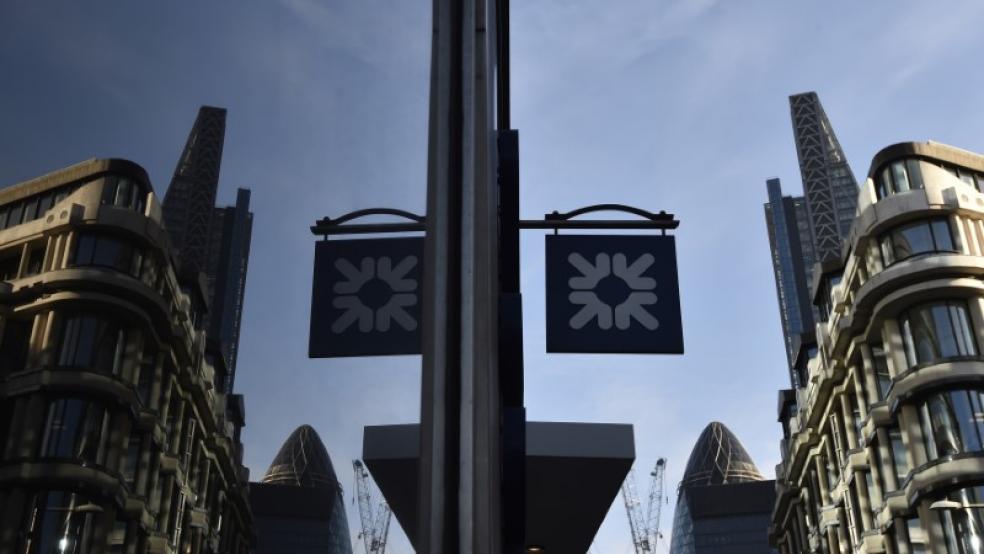Reuters - The timing of an eventual Bank of England decision to raise rates from a record low has forecasters split again after a short period of relative agreement, according to a Reuters poll that appears to be pushing the day further into the future.
Thirty-three of 61 economists polled this week expect the Bank to raise rates by the fourth quarter of this year, but 28 now predict they will wait until early 2016 at least.That is slightly more even than January's poll, where 33 had a rate increase penciled in by the end of this year and 21 expected it to be later. And it is a long way from a consensus just three months ago that a rate hike would come in mid-2015. "Economists and central banks have been very wrong in the past in terms of forecasting when they think they might be raising interest rates for the first time. Things have taken a lot longer to move than we thought they would," said GeorgeBuckley, chief UK economist at Deutsche Bank.Buckley in January pushed back his prediction for the first hike by nine months to the second quarter of 2016 and is still standing by that, but said there was a chance it could change. That divide among economists has also spread to their views on British wage and headline inflation, indicators that the BoE looks at to formulate its rate policy.When asked for their take on the Bank's forecast that wage inflation would hit 3.5 percent by the end of the year, 22 analysts said that was optimistic and an equal number said it was about right. Wage inflation was last measured at 2.1 percent in the three months to December.They were similarly divided over which was the bigger risk to their rate hike predictions: consumer price inflation, which is at a record low of 0.3 percent, remaining lower for longer; or a sharper than expected rebound. But this divide is not new. Reuters medians for the timing of the first rate hike were pushed out by three months in every poll conducted between mid-November and early January.At a press conference following the Bank of England's February Inflation Report, Governor Mark Carney said that, if inflation fell more rapidly than expected, the Bank could ease policy further with either rate cuts or more quantitativeeasing. Although none of the 47 economists who answered an additional question expected the Bank's next move to be a cut, a few said there was a small chance of that happening.Financial market pricing has also pushed expectations for a Bank of England rate increase to a year later than previously thought. Bond strategists in a Reuters poll in June last year were pricing in a hike sometime in the final quarter of 2014. (Polling and analysis by Hari Kishan; Editing by Kevin Liffey)Bank of England rate hike timing has forecasters split down the middle: Reuters poll

Toby Melville



